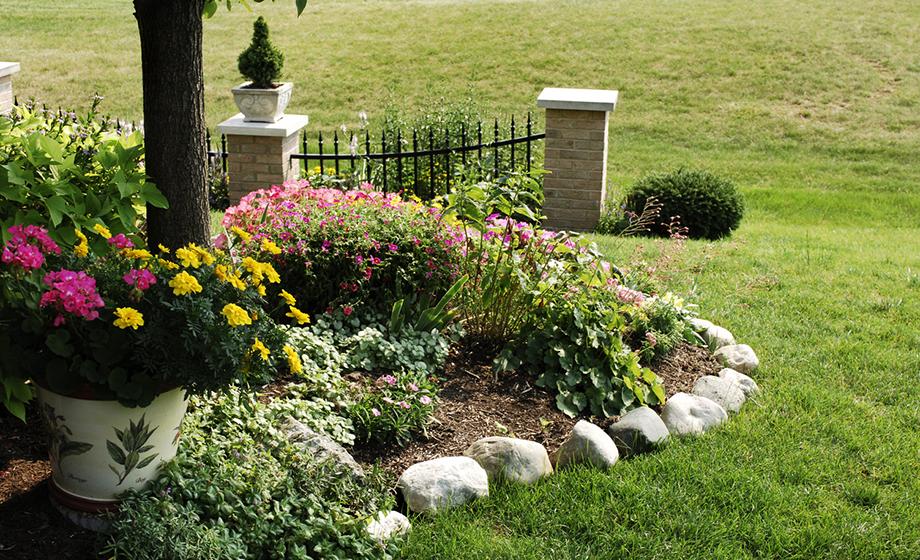Can we reform the lawn?

Some homeowners take pleasure in their yards. For others, the grass is always greener elsewhere.
Undergraduate and graduate students working as part of Clark University’s Human-Environment Regional Observatory (HERO) Program several years ago interviewed homeowners in the suburbs north of Boston to uncover how people relate to their yards and lawns — and those of their neighbors.
Clark researchers take on the lawn
Over the past decade or so, several Clark University researchers have investigated the impact of residential landscapes — lawns and yards — on the environment.
Why does this matter? The northern suburbs are part of the Plum Island ecosystem, which faces ongoing water shortages and flooding due in part to the conversion of forest and marshland to yards and lawns. The HERO research works toward understanding the social, political and economic contexts surrounding homeowners’ use of water and fertilizer, which could have significant environmental impacts.
Students found that most homeowners tend to fall into three broad categories when it comes to their lawns.
THE DIVERSIFIER
This person eschews the grass carpet for a yard teeming with diversity, incorporating vegetable, herb and flower gardens, trees, shrubs and grass, and perhaps adding gravel or paving for texture. You’re likely to find a trellis, patio and shed in this yard, along with a compost bin and brush pile. The Diversifier enjoys and takes pride in the yard, because it’s a place to be creative, spend time and gain therapeutic benefits. “I’m trying to go for a woodland setting,” one homeowner explains. “A lawn is sterile. There’s nothing for wildlife on a lawn.”
THE LAWN MAINTAINER
Like the stereotypical homeowner in the 2007 book “Lawn People: How Grasses, Weeds, and Chemicals Make Us Who We Are,” by geographer Paul Robbins, M.S.’94, Ph.D.’96, The Lawn Maintainer expresses anxiety and resentment over a perceived need to nurse a perfect grass carpet. “I feel constant pressure to keep up on the grass, and so it hangs over me,” a respondent says. However, some Maintainers embrace the rituals of carefully tending to their grass. Says one, “I notice a lot of people don’t like doing yard work, but I always get a kick out of it.”
THE REFORMER
Between The Lawn Maintainer and The Diversifier sits The Reformer, someone who wants to reduce lawn size and diversify the yard, but lacks the time, money or knowledge to do it. This homeowner is uncertain and overwhelmed, and has mixed emotions about using too much water and fertilizer or employing landscapers. “I’ve wondered about the technical assistance that a homeowner like me would need,” one Reformer says. “I don’t even know who to call to bring in.”
This article was published in the summer 2017 Clark magazine


